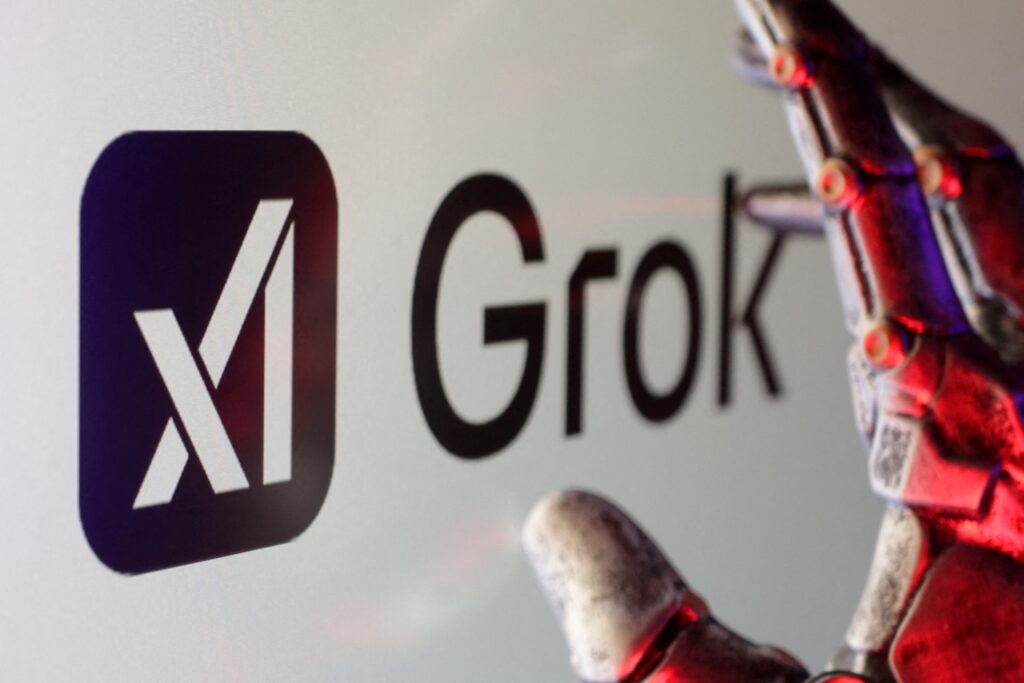
In a new clash between artificial intelligence and national content regulations, Turkish authorities have blocked access to certain outputs from Grok, the AI chatbot developed by Elon Musk’s X (formerly Twitter). The move comes amid allegations that the AI-generated content contained remarks deemed insulting to President Recep Tayyip Erdoğan and Islamic religious values, triggering a swift response from Turkey’s digital regulator.
The Decision Behind the Ban
According to reports from local media and official sources, Turkey’s Information and Communication Technologies Authority (BTK) ordered the restriction following a review of Grok’s responses to specific politically and religiously sensitive queries. The agency claims the chatbot violated Turkish laws on insulting the President and attacking public morality and religious sentiments.
This enforcement aligns with Turkey’s broader digital policy stance, where online content is subject to strict scrutiny under national security and public decency laws. The BTK has the authority to demand content removal, throttle platform performance, or block access outright.
Grok is an AI chatbot integrated into the X platform, designed to provide conversational responses on a wide range of topics, including news, politics, culture, and social issues. Developed by Musk’s xAI company, Grok is positioned as a free-thinking, sometimes irreverent alternative to traditional AI assistants.
However, this freeform style has raised concerns in jurisdictions with tight content controls. Grok’s ability to generate unscripted responses sometimes with political or religious implications has proven controversial, particularly in countries like Turkey that monitor online speech closely.
This incident reflects a growing global tension between AI-generated content and national regulations. As AI platforms become more integrated into daily communication and media, governments are increasingly demanding greater control over how these tools operate within their borders.
In Turkey, this isn’t the first time tech platforms have faced penalties. Platforms including YouTube, TikTok, Facebook, and X itself have been fined or temporarily blocked in the past for failing to comply with content moderation demands.
The Turkish government insists these measures are necessary to safeguard national unity, respect for religious values, and public order. Critics, however, argue that such moves infringe on digital freedoms and suppress political dissent.
What’s Next for Grok in Turkey?
At this point, the ban appears to be limited to specific Grok responses, rather than a full platform shutdown. However, if xAI and X do not comply with Turkish legal requirements, further restrictions or fines could follow. The Turkish regulator may also request localized filtering or moderation mechanisms for AI-generated content.
For X and Elon Musk, this represents yet another test of how to balance platform openness with geopolitical and cultural sensitivities a challenge that all global tech companies are increasingly facing in the age of generative AI.
Tech companies may need to localize AI content filters to comply with region-specific laws.
Governments are asserting digital sovereignty more forcefully in the AI era.
Regulatory frameworks for AI governance are still evolving, with countries like Turkey taking more aggressive stances.
As Grok continues to roll out in global markets, this episode may serve as a case study in the complex intersection of AI, free expression, and national law.
